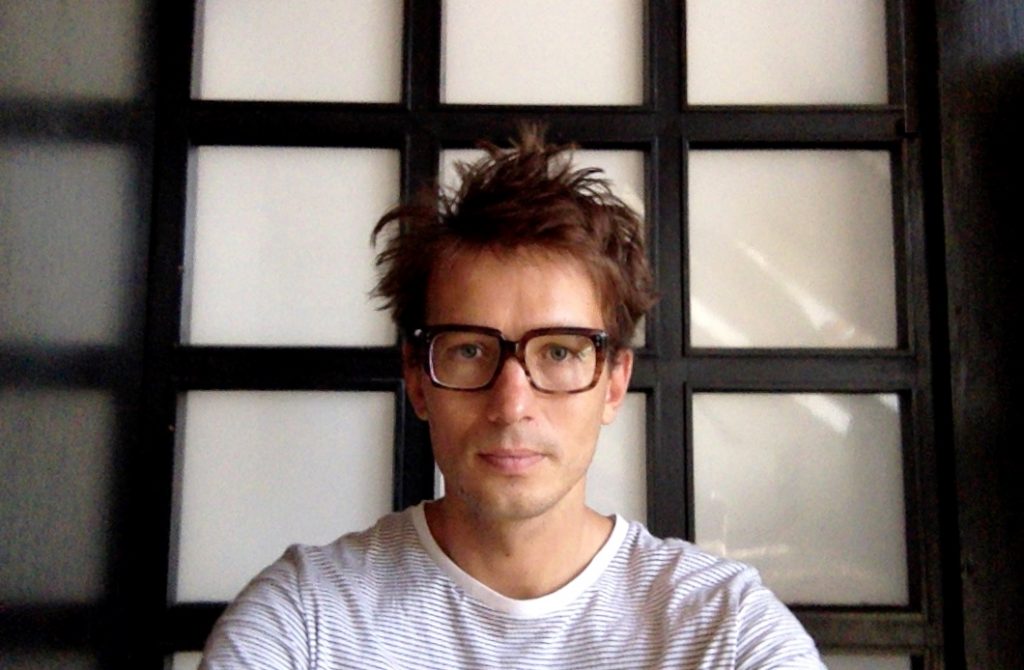SACHI Seminar – Large scale studies of habit changing interface design
Speaker: Matjaž Kljun
Abstract:
Various technologies can be used in persuading people to change their habits, behaviours or attitudes. Such technologies are defined as persuasive and they are used in a variety of fields such as marketing, public health and education.
We are daily exposed to persuasion through different visualizations and triggers on all our devices. For example, a social networking application tries to persuade us in opening the app with a push notification and once the app is opened other hooks are placed so we spend more time in it. However, such applications are usually installed by us and we are inclined in using them. But could we persuade highly busy professionals in completing a training course or just about everybody to read terms of service? We will discuss these issues through large-scale studies that have been in done in the wild.

Speaker biography: Matjaž Kljun is an assistant professor at the Faculty of Mathematics, Natural Sciences and Information Technologies at University of Primorska and is co-directing the HICUP lab (Humans Interacting with Computers at University of Primorska) and a research associate at the Faculty of Information studies, Slovenia. He received his Ph.D. degree in computer science from Lancaster University, UK. His research interests span across various fields related to Human-Computer Interaction, Personal Information Management and the use of technologies in teaching and learning.
Event details
- When: 12th April 2018 14:00 - 15:00
- Where: Cole 1.33b










